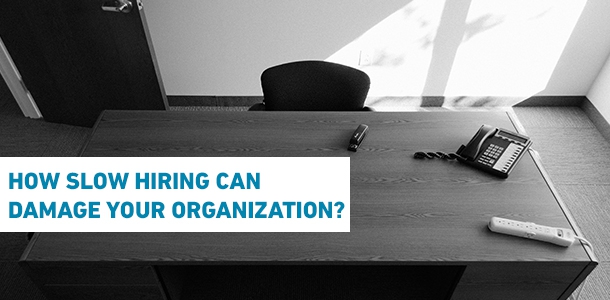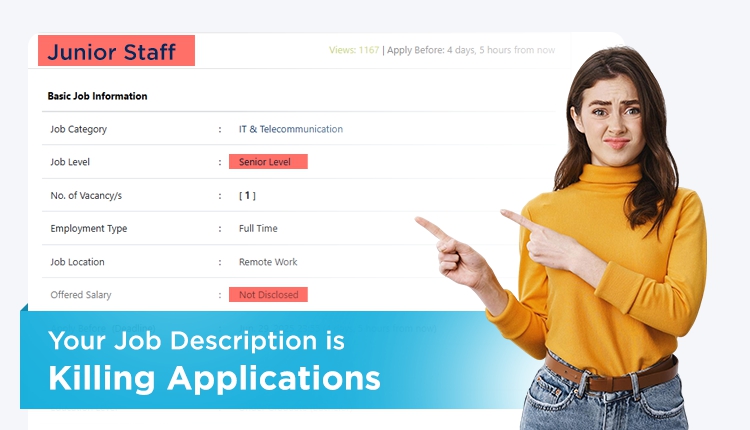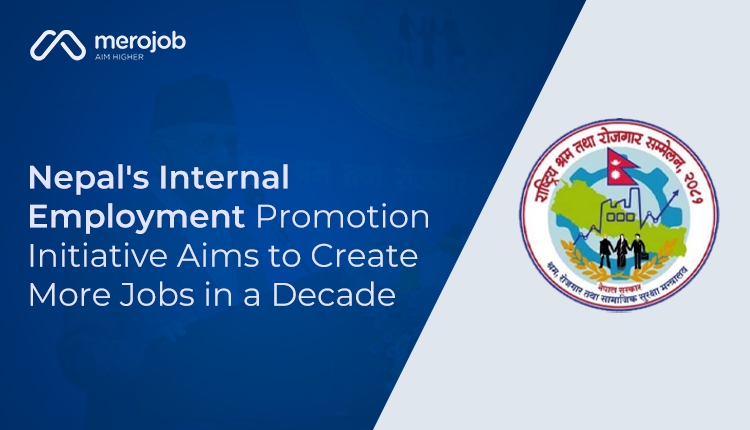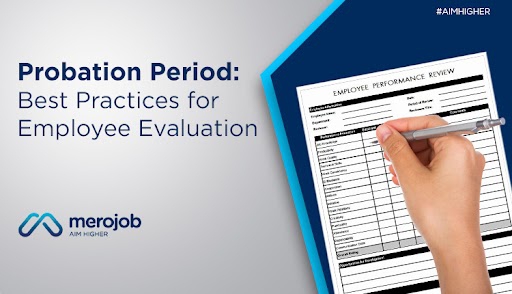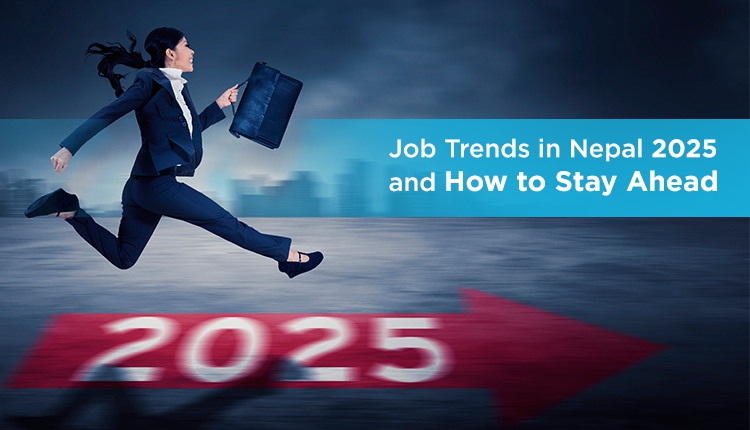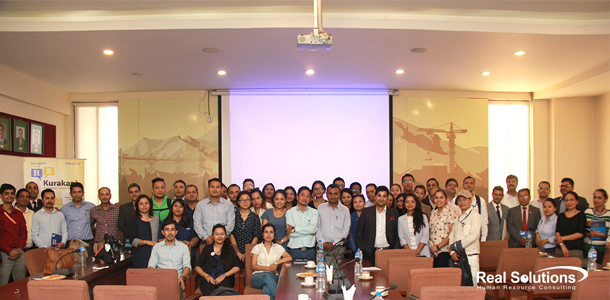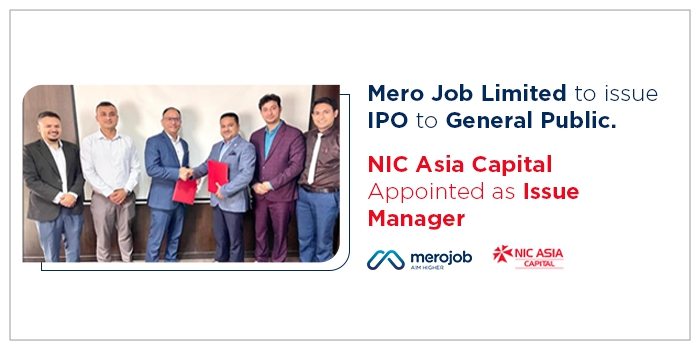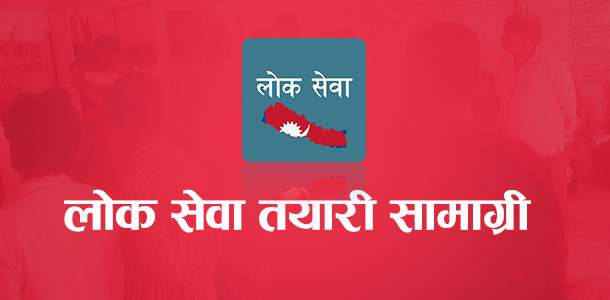Many recruiters think that if they spend more time in their hiring processes, it will be beneficial to the organisation as they will ultimately make better recruitments. This is justifiable to some extent, in that it allows for better analysis and comparison of applicants, after which, the best-fit candidate can be picked. However, when you consider the bigger picture, this thought is far from the truth. Slow hiring can actually harm your organisation, - not just in terms of recruiting good talent, but in more other ways than you might realise.
Here are 4 ways how slow hiring can damage your organisation:
1. You will most probably lose out on the best candidates: In today’s fast paced world, “the early birds get the juiciest worms”. If you find a fitting candidate early in your hiring process, its best to consider yourself lucky, and snatch him/her right away. Many recruiters hold out on hiring good candidates early, hoping that they might find better later. This is until later comes, and they find that every other candidate is not up-to-mark, and sadly, the good candidate has also joined somewhere else.
It is pretty foolish to not realise how competitive recruitment is. Even a few hours or a day could easily cost you a good employee. So, if any person fits all the required criteria in terms of skill, personality and attitude, make haste to acquire him/her right away.
2. Negative impact on employees and customers: It has often been observed that when a position in a company remains vacant for a prolonged period of time due to slow hiring, its negative impacts are felt by other employees. Your existing employees will have to work harder or put in more hours to fill in for the vacancy, - which overtime generates frustration and reduces morale. This can also lead to more employees quitting in account of bad management.
Apart from your employees, your customers might also be effected with a lower quality of service, due to having an insufficient workforce.
3. Slow Hiring can be expensive: Slow hiring can be costly to the company in numerous ways. Firstly, in relation to the previous point, insufficient workforce will lead to lower production in terms of quantity and/or quality which can result in loss of revenue.
Secondly, slow hiring means job vacancies will have to be advertised for longer durations which costs more money.
Thirdly, slow hiring can generate bidding wars where you might have to offer more salary to the few good candidates left, to persuade them to join your company and not your competitors.
4. Sets a bad company image: Job postings and the hiring processes that follow it are also in some ways an advertisement of your company. Slow hiring often sets a bad company image as slow decision makers, whereby candidates will feel that all things in the company are done relatively slowly. Also, these days it does not take long for applicants to take it to social media to brand you as “slow-pokes”. This can in turn have a domino effect of having lower applicants in the future, and even an increase in employee turnover.
Hence, keeping all of the above in mind, try to make your hiring as speedy as possible. However, this does not mean you hire someone who is unfit for the vacancy, or the organisation, just because you want to speed up the process. Take time to conduct all the necessary analysis, interviews etc., to meet all the required criteria. Sometimes hiring can be a lengthy process due to reasons beyond your control. The core idea is just to not lengthen the process unnecessarily, when you’ve found someone suitable.
